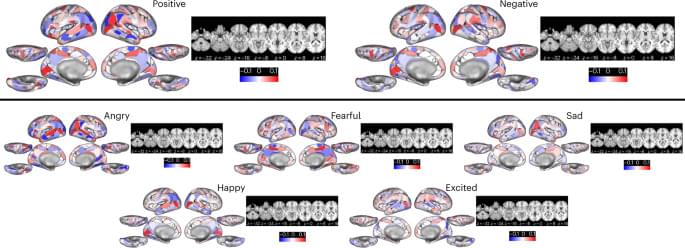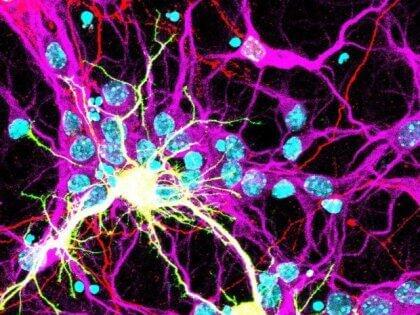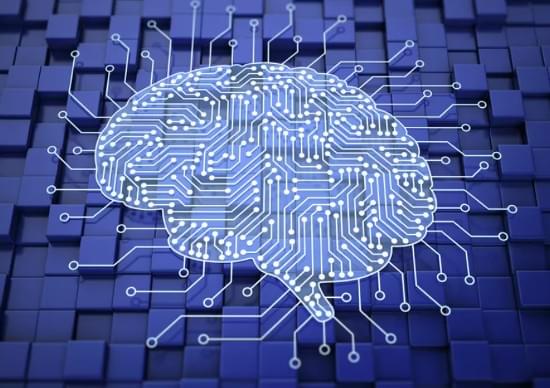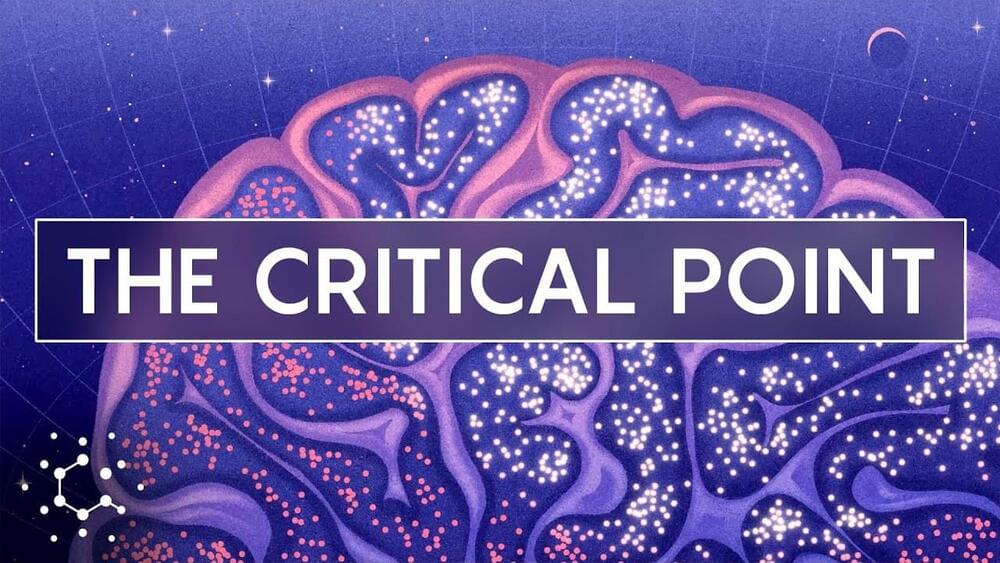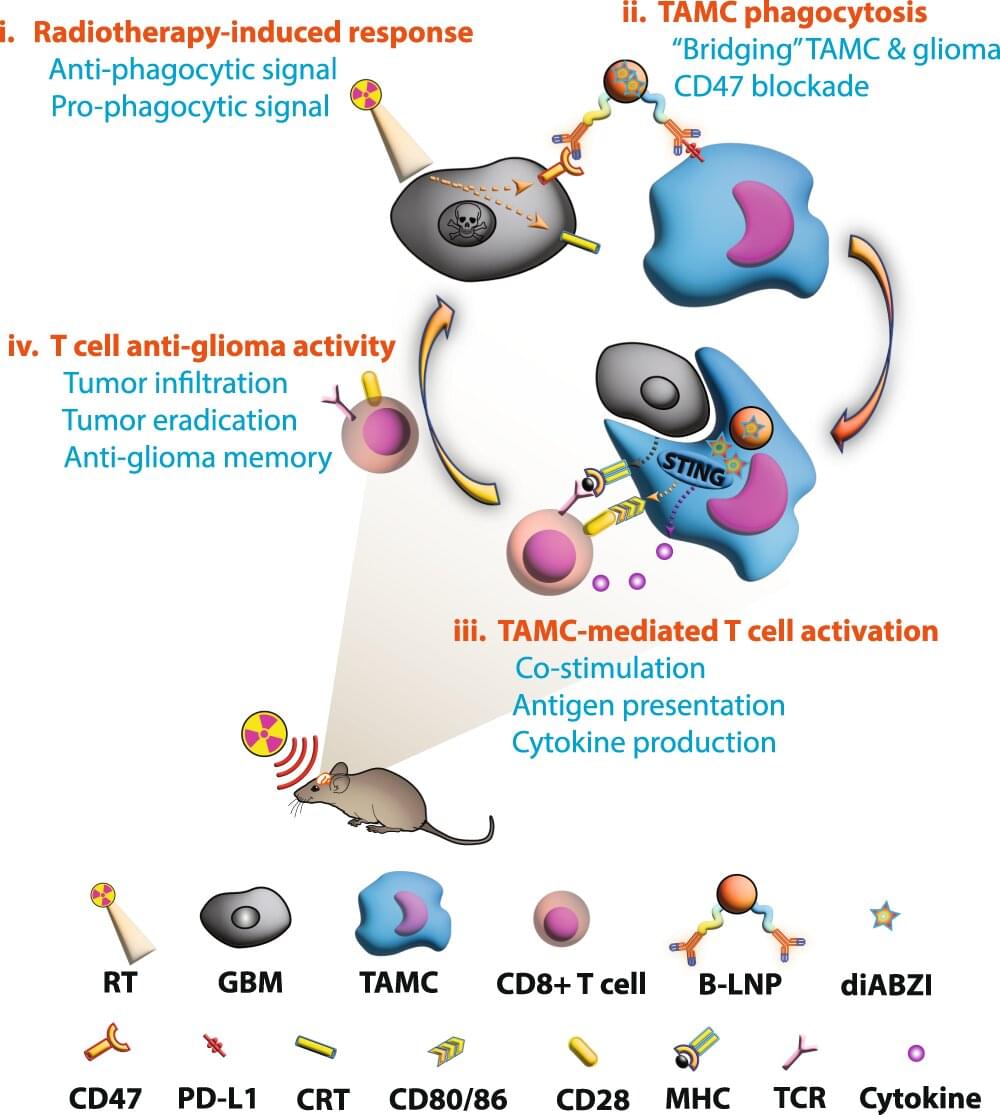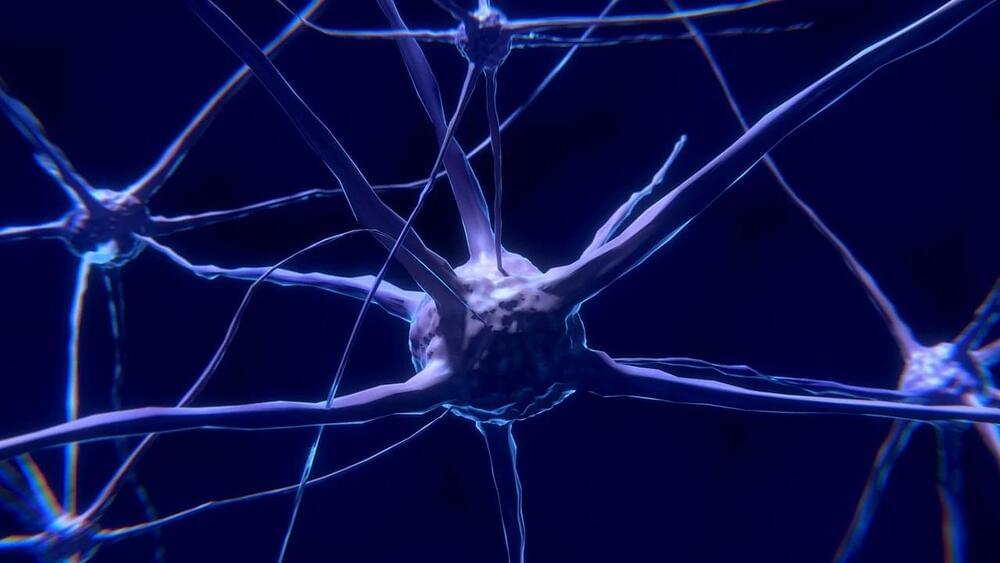
Multiple sclerosis (MS) affects roughly 2.5 million people worldwide and is a neurological disease affecting the brain and spinal cord. More specifically, MS is when the immune system attacks the body’s protective layer around nerve fibers known as myelin sheaths. The breakdown of myelin sheath leads to a disconnect between your brain and body. The immune cells responsible for myelin sheath deterioration include CD4+ T cells, or effector cells, which are part of the body’s first line of defense. In MS, the effector cells do not recognize that the myelin sheath is a normal part of the body. Therefore, the effector cells become the dominant cell type, trying to kill and get rid of the myelin sheath. The immune response will generate inflammation which destroys the myelin sheath leading to a disruption of signals along the nerves from the brain to the body.
A group of researchers at Johns Hopkins University School of Medicine recently published a therapy that controls the symptoms of MS. The goal of the therapy was to stop effector cells from attacking the myelin sheath and to promote the production of T regulatory cells-or T regs-which have been demonstrated to reduce autoimmune effects.
Dr. Giorgio Raimondi, PhD, MSc, Jordan Green, and others used three therapeutic agents to control MS symptoms. Researchers used microparticles, which are small, bioengineered spheres to deliver the agents. The first agent is a combination of two proteins which include Interleukin-2 (IL2) and an antibody that promotes T reg production. IL2 stimulates T cell expansion, while the antibody blocks specific parts of IL2 to specifically expand T regs compared to effector cells. The second agent includes a molecule that presents a protein specific to myelin so that the immune response will generate T regs specifically designed to protect the myelin sheath. Finally, the third agent is rapamycin, which is an immunosuppressant drug designed to reduce effector T cells.
